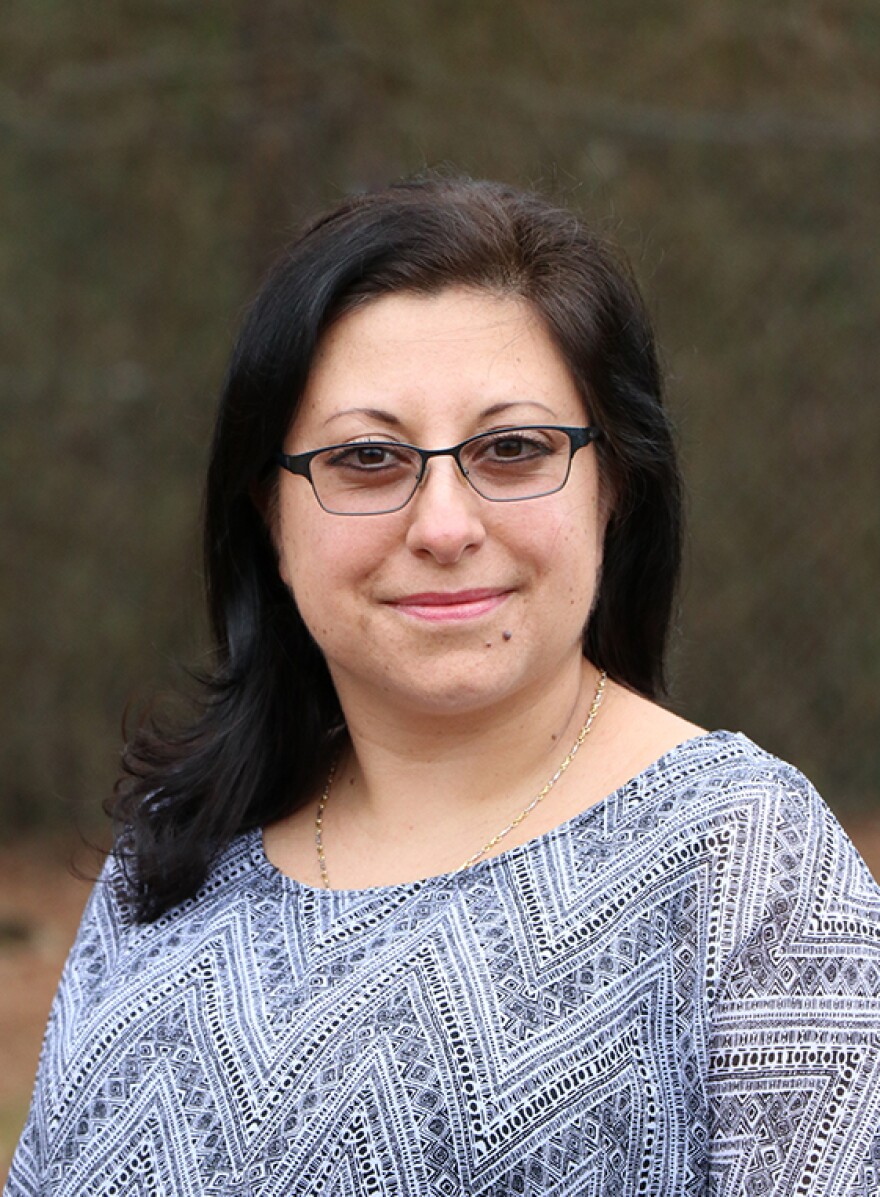Charlotte’s immigration court is usually a busy place. But for the past three weeks, it’s been completely empty – except for a security guard who’s ready to hand out a note in Spanish to anyone who may not have heard the news. It reads because of the partial government shutdown, the court is not holding hearings.

Across the country, the shutdown has delayed all cases of immigrants who are not detained. Charlotte already has a long backlog, with people waiting on average 14 months for a hearing.
Ivone Bass with the Latin American Coalition advises a lot of immigrants going through Charlotte's court. She Talked with WFAE’s Lisa Worf.
Lisa Worf: Do you have any idea of how many people are having their hearings delayed at Charlotte’s immigration court because of the shutdown?
Ivone Bass: I don't have an exact number. We're talking about hundreds of people.
Worf: What kind of advice are you giving people?
Bass: Just be patient. If you feel like you still have to show up to the court even though you're not going to be seen, just do it. And just keep on top of the news. Watch the news, listen to the radio and be informed.
Worf: How do clients react when you talk to them? I mean, is there panic?
Bass: Yeah, there's always panic with the immigration system. There's a lot of panic in the community in general just because even before the government shut down, there were a lot of delays in the cases.
It’s divided because there are some people that don't care about waiting. It doesn't matter. They have to wait because, in the meantime, they are still here. They are still with their family members and they’re still somehow making their ends meet. Let's say that's one big group of people. And there are other people that really want to get their cases resolved and really want to get through the system. That's the other group of people that we have. They're really worried about their hearings being delayed.
Worf: Has the court mentioned anything about how these cases will be handled once the shutdown ends?
Bass: Unfortunately, they haven't said anything regarding the rescheduling, how long it's going to take or what cases are going to take priority. They haven't said anything regarding this matter, so we are all waiting for the news.
Worf: So people are trying to figure out if it's going to be another year's wait in some cases or if maybe it's just being delayed a few weeks?
Bass: That's correct. So we're thinking that people are going to be waiting maybe for a year or maybe two years even for these hearings to be held.
Worf: Because their cases would go to the back of the line?
Bass: That's correct because it will go to the backlog — on top of the backlog — that we already had in the immigration system.
Worf: Do some of your clients who fear deportation see this delay as a good thing?
Bass: Well, the one good thing is that they cannot get deported right now because the immigration court is not issuing any deportation orders — so they cannot be processed. So, in some ways, let's say that it is delaying everything. It’s also delaying the consequence of deportation, but it’s never going to be a good thing for anybody.
Worf: From your view is there an irony there that some deportation proceedings are being delayed because of the partial shutdown over the border wall?
Bass: Yes it is. It is an irony especially because people are still getting detained and apprehended at the border because those officers are still working on the border. But these deportations are not going through and, again, it doesn't make any sense — whatever [they’re trying to] accomplish with this shutdown.




